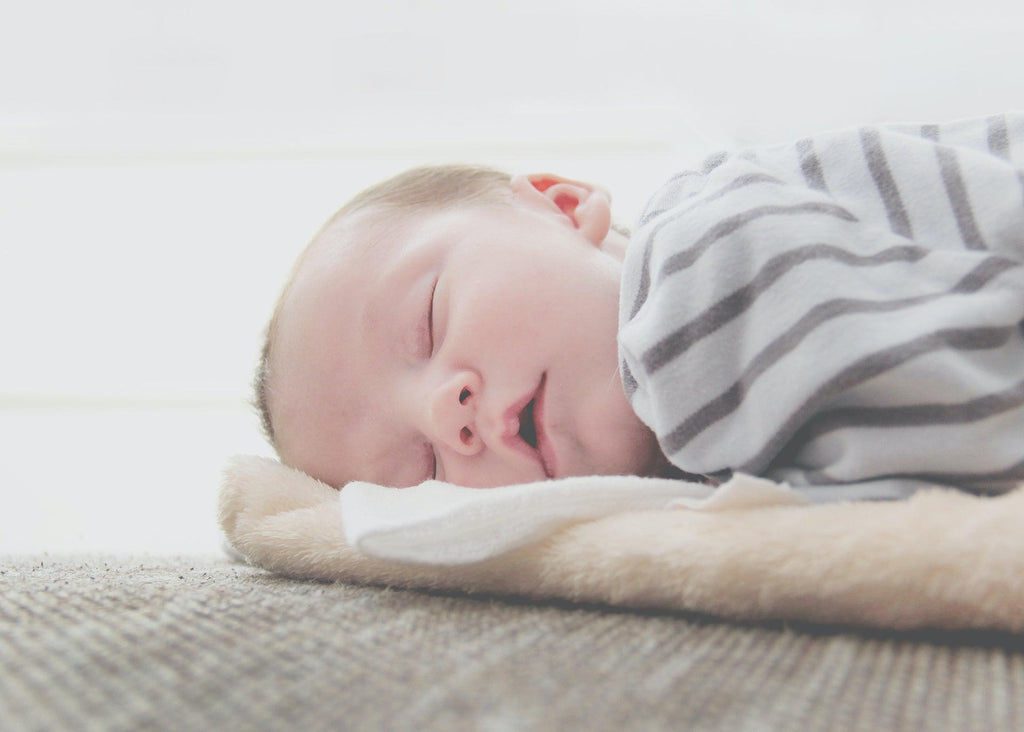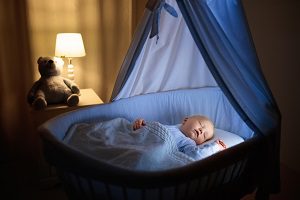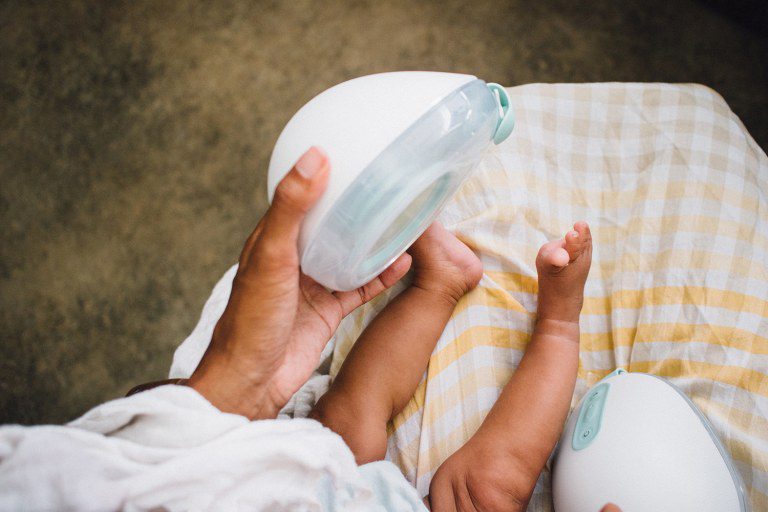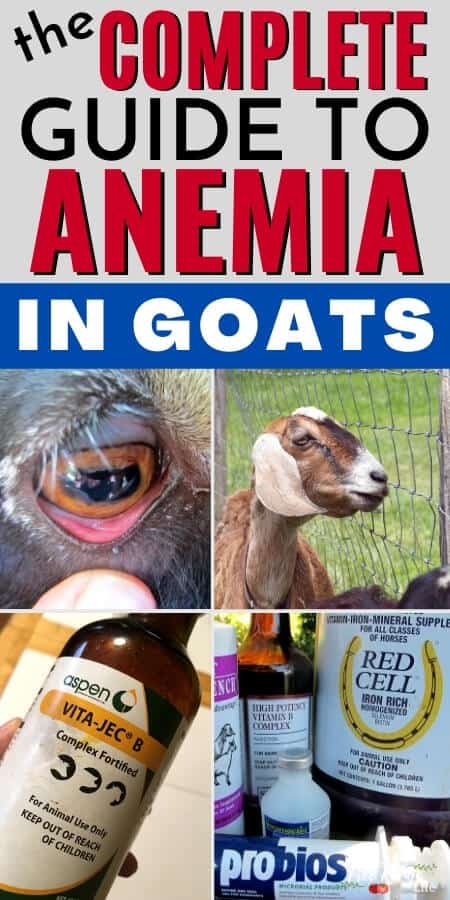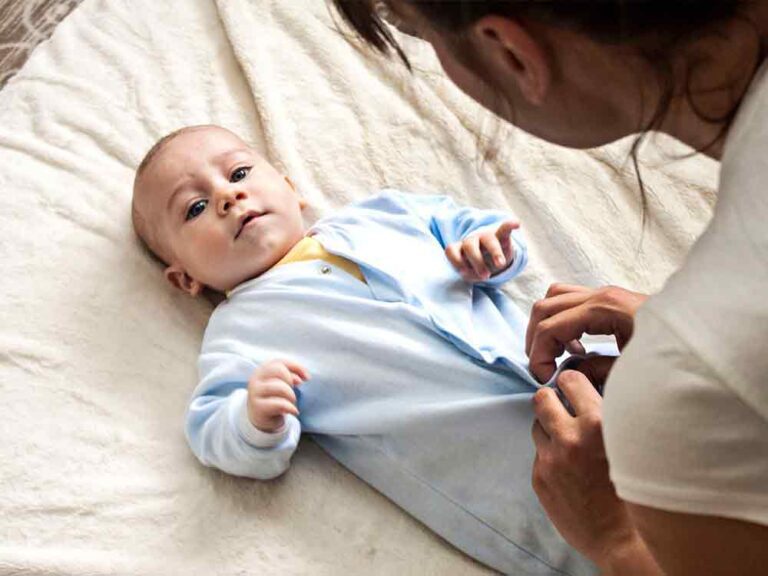How to Keep Baby Bottles Sterile When Out: Essential Tips
To keep baby bottles sterile when out, store them in a sealed container and place it in the refrigerator to prevent the growth of germs or bacteria. This helps to ensure that the bottles remain hygienic and safe for use.
It is important to prioritize cleanliness and proper sterilization when it comes to baby bottles, as they are essential for your baby’s health. Taking precautions and following these guidelines will help to minimize the risk of contamination and keep your baby bottles sterile even when you are away from home.
We will discuss some effective ways to store sterile baby bottles and maintain their cleanliness.
1. Sterilizing Baby Bottles For Outings
Properly sterilizing baby bottles is crucial when going out to maintain hygiene and ensure the safety of your little one. Germs and bacteria can quickly grow if bottles aren’t cleaned well or stored properly, potentially putting your baby at risk of illness. In this section, we’ll explore the importance of sterilization and provide quick and effective techniques for sterilizing baby bottles when going out.
Properly Sterilize Baby Bottles Before Going Out
Before heading out with your baby, it’s important to ensure that their bottles are properly sterilized. This prevents the growth of harmful bacteria and helps to keep your baby safe. Here are a few steps you can follow to sterilize baby bottles:
- Start by washing the bottles, nipples, and other feeding equipment in hot, soapy water.
- Rinse the items thoroughly to remove any soap residue.
- Choose a sterilization method that suits your needs, such as boiling, using a steam sterilizer, or using chemical sterilizing solutions.
- If boiling, place the bottles and accessories in a large pot, making sure they are fully submerged in water. Bring the water to a boil and let it continue boiling for at least 5 minutes.
- If using a steam sterilizer, follow the manufacturer’s instructions for proper usage.
- If using chemical sterilizing solutions, ensure you dilute the solution according to the instructions and soak the bottles and accessories for the recommended amount of time.
- Once sterilized, carefully remove the bottles and accessories from the sterilization method and allow them to air dry on a clean, dry surface, or use a clean towel to dry them.
- Store the sterilized bottles in a clean, sealed container to prevent contamination until you’re ready to use them.
Importance Of Sterilization For Hygiene And Safety
Sterilizing baby bottles is essential for maintaining proper hygiene and ensuring your baby’s safety. It helps to kill harmful bacteria and prevent the growth of germs that could lead to illnesses or infections. Proper sterilization also removes any residue or traces of milk or formula from the bottles, reducing the risk of bacterial contamination. By sterilizing bottles before outings, you can provide your baby with clean and safe feeding equipment, giving you peace of mind.
Quick And Effective Sterilization Techniques
When going out, time may be limited, and you need quick and effective sterilization techniques for your baby bottles. Here are a few techniques you can consider:
- Boiling: This is a traditional and effective method of sterilization. Simply place the bottles and accessories in a pot of boiling water, ensuring they are fully submerged. Allow them to boil for at least 5 minutes before removing and air drying.
- Steam sterilizers: Steam sterilizers provide a convenient and quick way to sterilize baby bottles. Follow the manufacturer’s instructions for proper usage and ensure that the bottles are properly placed inside the sterilizer.
- Chemical sterilizing solutions: Chemical sterilizing solutions are another option for sterilizing baby bottles on the go. Dilute the solution according to the instructions and soak the bottles and accessories for the recommended amount of time. Drain and rinse them thoroughly before use.
These techniques offer quick and efficient ways to sterilize baby bottles, ensuring that your little one’s feeding equipment stays clean and free from harmful bacteria when you’re away from home.
2. Storing Sterilized Bottles When On The Go
When you’re out and about with your little one, it’s essential to keep their bottles sterilized to ensure their health and safety. Storing sterilized bottles properly can help prevent the growth of germs and bacteria, allowing you to feed your baby with confidence. Here are two effective methods to store sterilized bottles when you’re on the go:
Using A Sealed Container To Store Sterilized Bottles
One convenient way to store sterilized bottles is by using a sealed container. Once your bottles have gone through the sterilization process, simply place them in a clean, airtight container. This will ensure that no external germs or bacteria can contaminate the bottles, keeping them safe for your little one.
Benefits Of Storing Bottles In The Refrigerator
Another effective method to keep baby bottles sterile when out is by storing them in the refrigerator. This offers several benefits, including:
- Preventing the Growth of Germs and Bacteria: The cold temperature of the refrigerator inhibits the growth of germs and bacteria, ensuring that the bottles stay sterile for longer periods.
- Maintaining Freshness: Storing the bottles in the refrigerator helps preserve the freshness of milk or formula, allowing your baby to enjoy their meals without any concerns.
- Convenient Accessibility: Having sterilized bottles stored in the refrigerator makes it quick and easy to grab as needed when you’re on the go. You can simply take them out, warm them up if necessary, and feed your baby without any worries.
By using a sealed container and storing sterilized bottles in the refrigerator, you can ensure that your baby’s bottles remain sterile and safe even when you’re away from home. This simple precaution will give you peace of mind knowing that every feeding is free from harmful germs and bacteria.
3. Transporting Sterilized Bottles Safely
To transport sterilized bottles safely when out and about, place them in a sealed container and keep them in the fridge to prevent germs or bacteria. This ensures that the bottles remain sterile until ready to use.
Choosing The Right Bottle Bag Or Carrier
When it comes to transporting sterilized baby bottles safely, choosing the right bottle bag or carrier is crucial to ensure hygiene and prevent any contamination. Look for a bag or carrier that is specifically designed to hold baby bottles securely and keep them sterile during transportation.
Insulating Bottles To Maintain Temperature
Keeping the temperature of the sterilized bottles consistent is important, especially when you’re out and about. Insulating the bottles is essential to maintain their temperature and ensure that your baby’s milk or formula stays fresh and safe to consume. Consider using an insulated bottle bag or wrap the bottles in an insulating material to keep them warm or cold as needed.
Avoiding Contamination During Transportation
Contamination is a major concern when it comes to transporting sterilized baby bottles. Ensuring that the bottles remain free from any germs or bacteria is essential for your baby’s health. Here are a few tips to avoid contamination during transportation:
- Always wash your hands thoroughly before handling sterilized bottles.
- Make sure the containers or bags you use for transportation are clean and sterilized.
- Avoid placing sterilized bottles next to items that may carry bacteria, such as dirty diapers or unwashed pacifiers.
- Keep the bottles upright to prevent any leakage or spills that may contaminate the bottles.
- If using a bottle bag, ensure that it is closed tightly and securely to maintain a sterile environment.
By following these guidelines, you can be confident that your baby’s bottles stay sterilized and safe during transportation, providing them with clean and healthy feeding options no matter where you are.
4. Proper Handling Of Sterilized Bottles
After going through the effort of sterilizing your baby bottles, it is crucial to handle them properly to maintain their cleanliness and hygiene. Here are a few essential tips to ensure proper handling:
Wash Hands Before Handling Sterilized Bottles
Always make it a priority to wash your hands thoroughly before handling sterilized baby bottles. This step is crucial in preventing the transfer of germs and bacteria onto the bottles. Use warm water and mild soap to wash your hands for at least 20 seconds, paying close attention to your fingertips and nails.
Avoid Touching The Inner Part Of The Bottle’s Nipple
When handling sterilized bottles, it is important to avoid touching the inner part of the bottle’s nipple. The nipple is the part that comes into direct contact with your baby’s mouth, and any contamination on this area could put your baby at risk of infections. By refraining from touching the nipple, you can minimize the chance of introducing bacteria or other impurities.
Maintaining Cleanliness And Hygiene While Feeding
During feeding time, it is essential to maintain cleanliness and hygiene to ensure your baby’s safety. Here are a few tips to keep in mind:
- Before each feeding, inspect the nipple and bottle for any signs of damage or discoloration. Discard any bottles or nipples that show signs of wear and tear.
- Ensure that the area where you are preparing the bottle is clean and free from any contaminants.
- Use clean and sterilized feeding utensils such as spoons or syringes to transfer the milk or formula into the bottle.
- Avoid touching the inside of the bottle or nipple while pouring the liquid.
- After each feeding, immediately wash the bottle, nipple, and other feeding accessories with warm soapy water and thoroughly rinse them. Allow them to air dry or use a clean towel to dry them.
By following these proper handling techniques for sterilized bottles, you can ensure your baby’s feeding equipment remains clean, hygienic, and free from harmful germs and bacteria. Remember, maintaining a sterile environment is crucial for your little one’s health and well-being.
5. Tips To Ensure Bottle Sterility When Out And About
As a parent, ensuring the cleanliness and sterility of your baby’s bottles is essential, especially when you are out and about. Here are five tips to help you keep your baby bottles sterile even when you’re on the move:
Avoid Reusing Partially Used Bottles
Germs can quickly multiply if breast milk or formula is added to a partially used bottle that hasn’t been cleaned properly. So, it’s important to avoid reusing partially used bottles to maintain bottle sterility. Once your baby has finished drinking from a bottle, discard any leftover milk and clean it thoroughly before use.
Carry Spare Sterilized Bottles For Emergencies
When you’re out and about, it’s always a good idea to be prepared for unexpected situations. One way to ensure bottle sterility is by carrying spare sterilized bottles with you. By having sterilized bottles ready, you can easily swap out a used bottle for a clean and sterile one, minimizing the risk of contamination.
Regularly Clean And Sterilize Bottle Accessories
While ensuring the sterilization of baby bottles is crucial, don’t forget about the bottle accessories as well. Regularly cleaning and sterilizing bottle accessories such as bottle caps, teats, and rings is essential for maintaining overall bottle hygiene. When cleaning these accessories, make sure to follow the manufacturer’s instructions for the best sterilization results.
Proper cleaning can be done using hot, soapy water, or you may opt to use a bottle sterilizer for convenience. By taking the time to sanitize these accessories, you can further reduce the risk of bacteria and germs contaminating your baby’s bottles.
Create A Designated Storage System For Sterilized Bottles
When you are out and about, it’s important to have a safe and hygienic storage solution for your sterilized bottles. Consider using a sealed container specifically designed for bottle storage. This container will help protect the bottles from exposure to germs or bacteria and keep them sterile for longer periods.
Practice Proper Hand Hygiene
Lastly, always prioritize proper hand hygiene when handling baby bottles, especially when you’re out and about. Clean your hands thoroughly with soap and water or use hand sanitizer before preparing a bottle, feeding your baby, or touching any bottle accessories. This simple yet crucial step can significantly reduce the risk of introducing harmful bacteria and germs to your baby’s feeding routine.
By following these five tips, you can ensure the sterility of your baby bottles even when you’re away from home. Create a routine that includes these practices to provide your baby with clean and safe bottles whenever and wherever you go.
Frequently Asked Questions Of How To Keep Baby Bottles Sterile When Out
How Do You Keep Bottles Sterile While Out?
To keep bottles sterile while out, store them in a sealed container in the fridge after sterilizing. This helps prevent the growth of germs and bacteria.
How Do You Store Baby Bottles When Going Out?
When going out, store baby bottles in a sealed container to avoid germs. After sterilizing the bottles, place them in the fridge for added protection.
Do I Need To Sterilize Baby Bottles Every Time?
No, you do not need to sterilize baby bottles every time. After the initial sterilization, it is no longer necessary. However, make sure to clean bottles well with hot, soapy water after each use to prevent germs from growing. Consider storing sterilized bottles in a sealed container in the refrigerator to avoid bacteria.
How Long Can Sterilised Bottles Be Left Out?
Sterilized bottles can be left out for up to 24 hours if kept in a sealed container in the refrigerator.
Conclusion
To ensure the safety and hygiene of your baby’s bottles when you’re out and about, it’s important to follow a few simple steps. Firstly, sterilize the bottles before leaving home and place them in a sealed container. Refrigerating the container can help prevent the growth of germs and bacteria.
Additionally, clean and sanitize the bottles as soon as possible after use, and allow them to air-dry thoroughly before storage. By following these practices, you can keep your baby’s bottles sterile and safe even when on the go.
